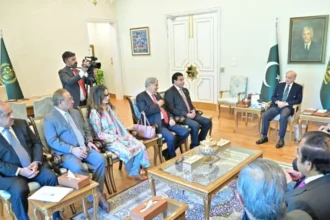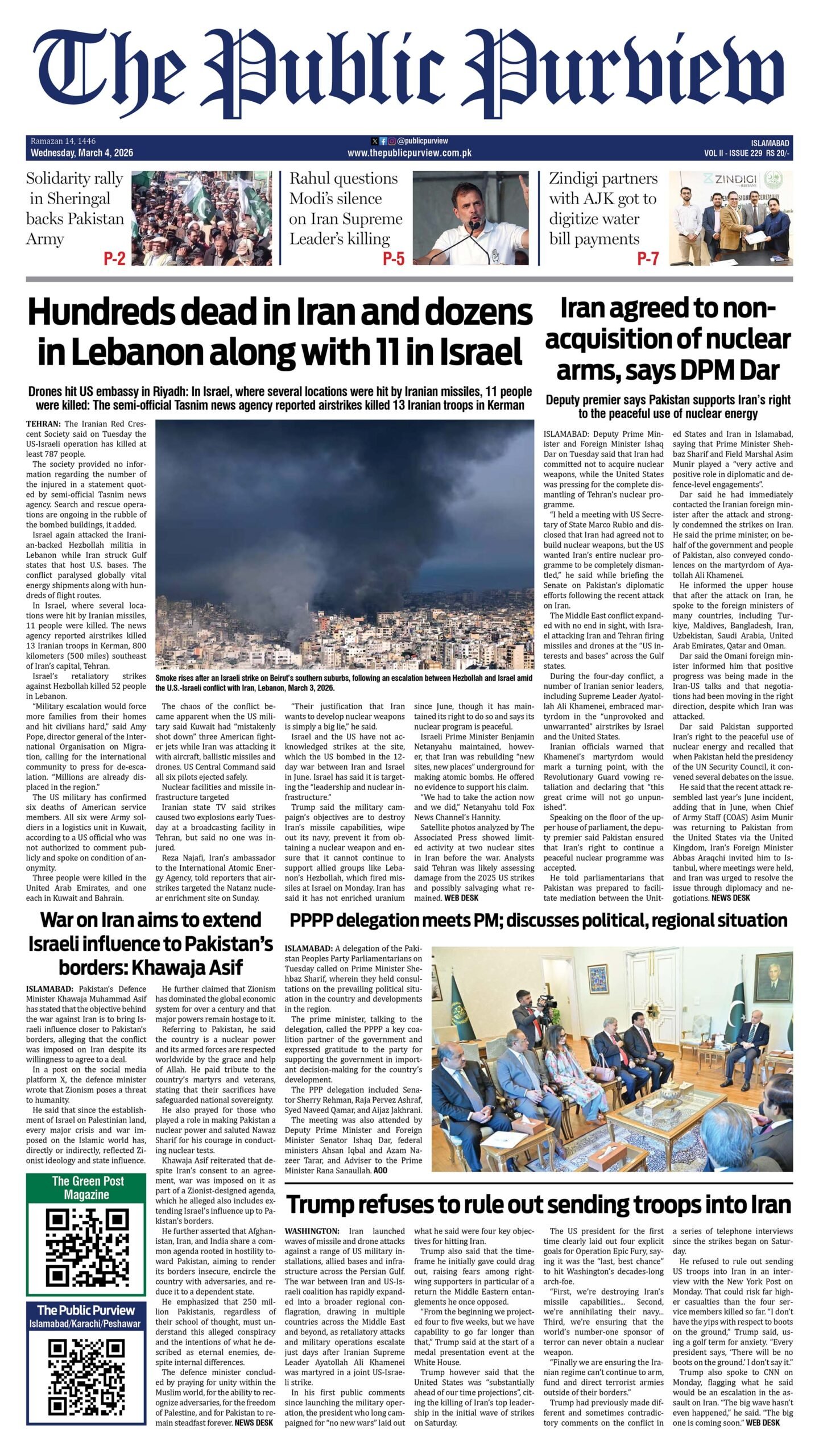The Gaza peace deal, brokered in October 2025 after nearly two years of unrelenting conflict, marks a critical juncture in the region’s long and painful history. It is not merely a diplomatic arrangement between warring parties; it is a fragile but necessary step toward restoring humanity, dignity, and stability in a land that has endured disproportionate suffering. The agreement, which includes a full ceasefire, the release of Israeli hostages and thousands of Palestinian detainees, and the opening of humanitarian corridors, offers a rare moment of reprieve in a crisis that has claimed tens of thousands of lives and shattered the social fabric of Gaza.
The significance of this accord lies not only in its immediate outcomes but in its potential to reshape the trajectory of regional politics. For the people of Gaza, the deal promises access to food, medicine, and shelter—basic rights that have been denied amid a blockade and bombardment that many international observers have described as genocidal in scale and intent. Entire neighborhoods have been reduced to rubble, hospitals have been targeted, and the civilian population has borne the brunt of a war that has defied proportionality and international law. The psychological toll, particularly on children, is incalculable. For Israel, the return of hostages and the easing of international pressure offer a strategic reset, albeit one that must be accompanied by introspection and accountability.
The war itself, which erupted in late 2023 following escalating tensions over settlements, border restrictions, and retaliatory strikes, quickly spiraled into one of the most destructive episodes in recent memory. Hamas’s initial offensive was met with overwhelming military force, resulting in a campaign that decimated Gaza’s infrastructure and displaced millions. The international community, while vocal in its condemnation, struggled to mount a coordinated response. The paralysis of global institutions and the politicization of humanitarian aid further compounded the crisis.
This peace deal, therefore, is not an end but a beginning. Its durability will depend on the political will of both parties and the sustained engagement of international actors. The reconstruction of Gaza will require more than bricks and mortar; it will demand justice, transparency, and a commitment to human rights. The release of prisoners must be followed by legal reforms, and the ceasefire must evolve into a framework for long-term coexistence. The role of regional powers, particularly Egypt and Qatar, will be instrumental in mediating future disputes and ensuring compliance.
Looking ahead, the path remains fraught with uncertainty. The deep scars of war, the entrenched mistrust, and the unresolved questions of sovereignty and self-determination cannot be erased overnight. Yet, the very existence of this agreement signals that dialogue is still possible, even after the darkest chapters. If nurtured with care and upheld with integrity, the Gaza peace deal could become a cornerstone for broader reconciliation—not just between Israelis and Palestinians, but across a region yearning for stability and justice.







 Today's E-Paper
Today's E-Paper